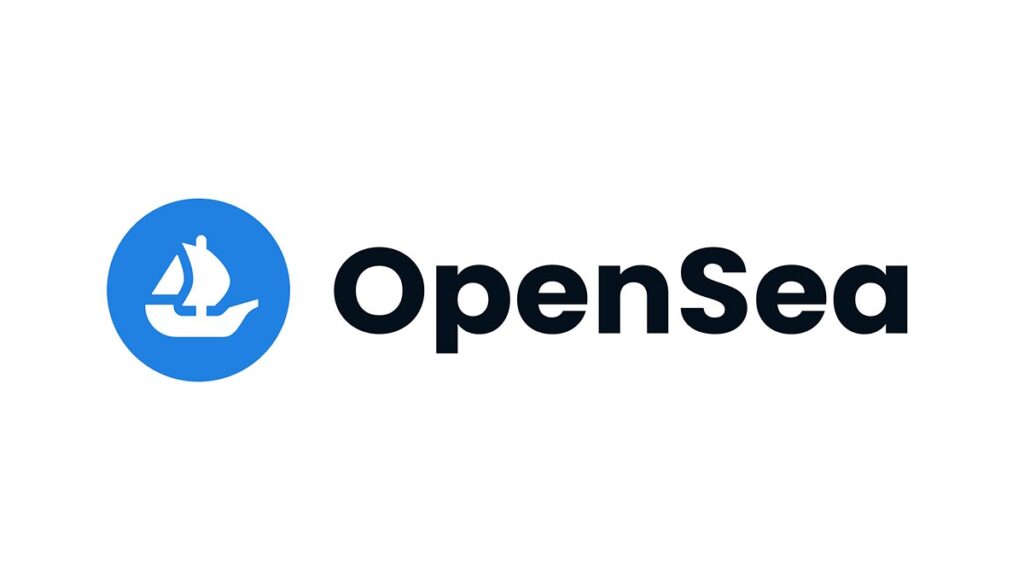Popular NFT marketplace, OpenSea, is reevaluating its approach to creator fees. Starting after August 31, the platform has chosen to make creator fees for new collections optional. Additionally, OpenSea will disable the OpenSea Operator Filter—a tool that had been established to enforce creator royalties—according to an official company statement.
OpenSea’s Shift in Creator Fee Policy
For collections that have been using the filter up until now, OpenSea will enforce creator fee royalties through February 29, after which point the fees will be at the discretion of the creators. “To be clear, creator fees aren’t disappearing—merely the unilateral enforcement of them,” clarified OpenSea in their statement.
The Ongoing Debate over NFT Royalties
In November 2022, OpenSea launched the Operator Filter. This tool was designed to equip creators with more control by limiting the sale of their collections to web3 marketplaces that committed to enforcing creator fees during secondary sales. “This initiative was intended to empower creators with enhanced control over their web3 business models,” the statement noted. “However, this called for the unanimous buy-in from the web3 ecosystem, which has regrettably not been the case.”
The Divisive Topic of NFT Royalties
NFT royalties were once celebrated as one of the most practical and promising applications of non-fungible tokens—enabling artists to continually earn income from the ongoing sales of their work. Nonetheless, after X2Y2, a token-based platform, experimented with 0% creator royalty fees in early 2022, a significant debate unfolded within the crypto community regarding the necessity of such fees.
Throughout this debate, OpenSea remained a steadfast advocate for the enforcement of creator royalties, at one point instituting fees of up to 10%. However, the NFT giant later reduced its royalty fees in February following a dispute with the NFT platform Blur, which maintains a 0.5% creator royalty fee. By July 5 of the current year, trading volumes involving NFT royalties had plummeted to their lowest levels in two years.












